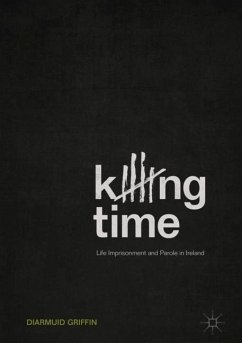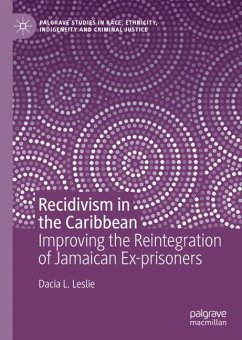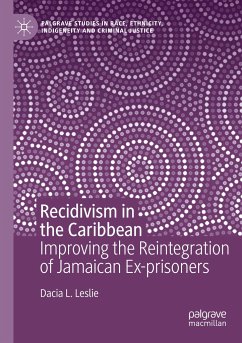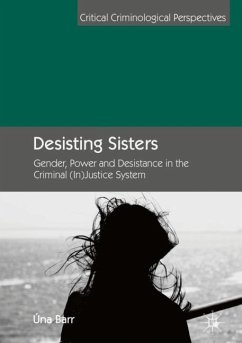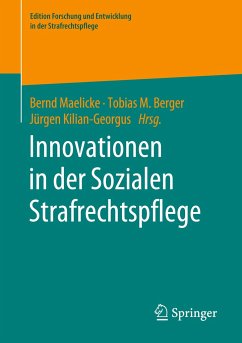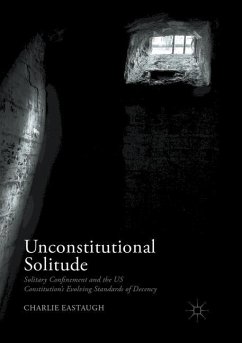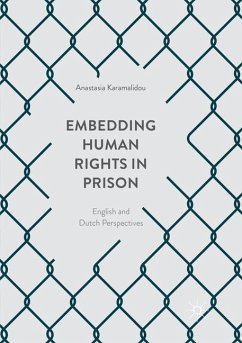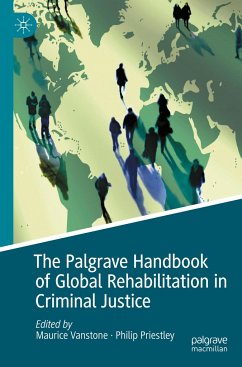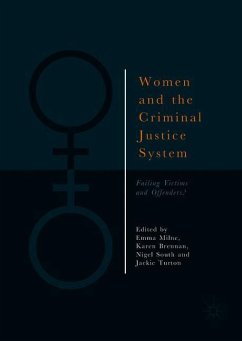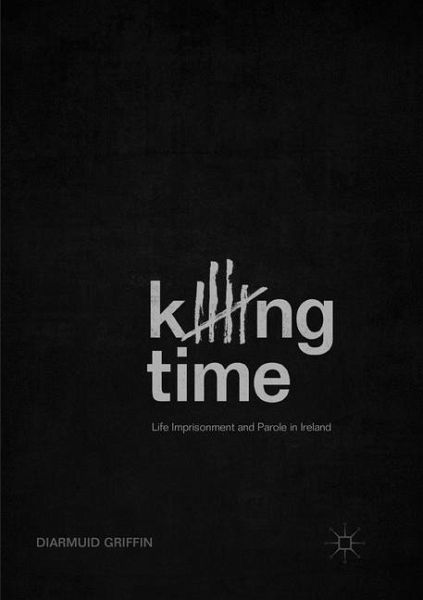
Killing Time
Life Imprisonment and Parole in Ireland
Versandkostenfrei!
Versandfertig in 6-10 Tagen
87,99 €
inkl. MwSt.
Weitere Ausgaben:

PAYBACK Punkte
44 °P sammeln!
Little is known about life imprisonment and the process of releasing offenders back into the community in Ireland. Addressing this scarcity of information, Griffin's empirical study examines the legal and policy framework surrounding life imprisonment and parole. Through an analysis of the rationales expressed by parole decision-makers in the exercise of their discretionary power of release, it is revealed that decision-makers view public protection as central to the process. However, the risk of reoffending features amidst an array of other factors that also influence parole outcomes includin...
Little is known about life imprisonment and the process of releasing offenders back into the community in Ireland. Addressing this scarcity of information, Griffin's empirical study examines the legal and policy framework surrounding life imprisonment and parole. Through an analysis of the rationales expressed by parole decision-makers in the exercise of their discretionary power of release, it is revealed that decision-makers view public protection as central to the process. However, the risk of reoffending features amidst an array of other factors that also influence parole outcomes including personal interpretations of the purposes of punishment, public opinion and the political landscape within which parole operates. The findings of this study are employed to provide a rationale for the upward trend in time served by life sentence prisoners prior to release in recent times. With reform of parole now on the political agenda, will a more formal process of release operate toconstrain the increase in time served witnessed over the last number of decades or will the upward trajectory continue unabated?





